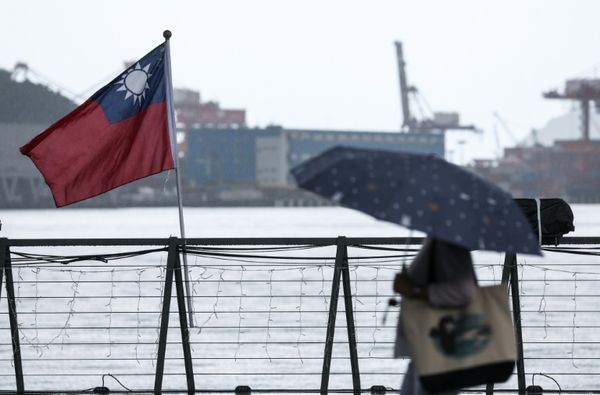Q: We are under contract to buy a property in the path of the recent hurricane. What happens now? — Anonymous
A: Whether it is a hurricane or any other natural disaster, you need to review the purchase contract.
The first clause to look for is often called the “force majeure” clause. Force majeure is loosely translated to “greater force,” referring to casualties caused through no fault of the parties. This can mean natural disasters, like hurricanes, or issues caused by fire and other man-made calamities that cannot be overcome.
This clause extends the contract’s deadlines several days after the disaster, and its immediate effects, have passed. This will put your closing on pause until you can assess the damage, bind insurance, and arrange to close escrow.
Next, review the “risk of loss” clause, which concerns which party is responsible if the property becomes damaged by force majeure during the contract. If the risk of loss is not addressed in the written agreement, it is dealt with under common law.
Common law contains a legal principle called “equitable conversion” that distinguishes between the two components of owning real estate, equitable title and legal title. Simplified, equitable title is the right of someone to obtain full ownership, along with its benefits. Legal title is the actual ownership of the land, such as whose name is on the deed.
Typically, property owners possess both components. However, certain situations, like contracting to sell your property, will split the ownership.
When signing a contract to purchase the property, the buyer becomes the equitable owner, while the seller remains the legal owner of the property. When they close escrow at the end of the process, the seller deeds the legal title to the buyer.
This creates a problem for sensible buyers because the risk of loss due to damage to the property is part of the equitable title, meaning that the buyer is on the hook for damage to a property she has yet to buy.
Because of this, almost every real estate contract shifts that risk back to the seller. The agreement will usually set a dollar limit, usually 1% or 2% of the purchase price, that the seller must credit the buyer for the unexpected damage. If the damage exceeds this small amount, the contract can be canceled.
For your transaction, you will need to use the extra time given by the force majeure clause to get detailed inspections to determine what was damaged and how much the repair will cost. If that amount exceeds the small threshold in the risk of loss clause, you can cancel the contract and get the deposit back.
Of course, you can try renegotiating the deal taking the damage into account.







